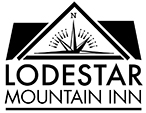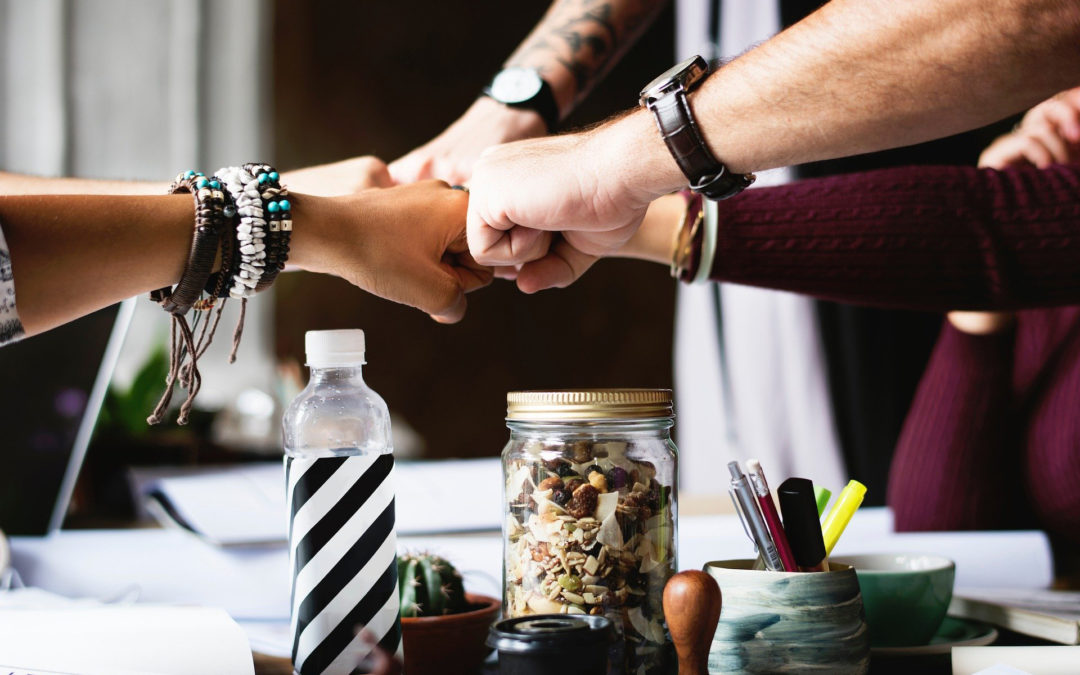“I’m sorry, it was my fault.” When was the last time you heard this sentence uttered by someone in a leadership role or in our country‘s government? (Probably never, unless it was a sitcom or a cartoon.) How often have you heard that in your workplace? How about in your family? From your wife, husband, son, daughter… I don’t know about you, but those six words were pretty foreign in my house growing up. The unfortunate truth is that for most kids, the art of making excuses and placing blame on others is learned very early on. The real shame is that usually this fine art is practiced throughout adolescence, and by the time they become mature adults, they are so habituated to these fabrications that not only do others unsuspectingly believe them, but they actually start believing their own rhetoric. It becomes as automatic as breathing, and as long as anyone else was remotely involved in a perceived wrongdoing, the blame gets shifted immediately.
In the home where I grew up, my dad‘s catch-phrase could have been, “the beatings will continue until someone owns up to what happened.“ I learned early on that I got one free pass when I messed up or said something that was not quite true if I quickly took responsibility. This actually encouraged accountability in my family. The punishment was forfeited when we apologized and asked for forgiveness. In today’s world, accountability is really very rare, and when someone actually does admit to having done something wrong, they usually face a verbal lynch mob of ridicule and slander.
The definition of accountability is “being willingly answerable and responsible for your behavior.” This simply means that accountable people readily admit to shortcomings and voluntarily take responsibility for their actions. The polar opposite is when people will simply not be held to a standard of conduct, and are brilliant at making excuses and blaming anyone that was within range for their own actions and words.
The problem with not being accountable is that it strangles all forward movement in our lives. We become pathetic, helpless human beings that never learn from our mistakes, and we repeat the very same senseless behavior over and over again. The end result is an individual that no one will trust fully who leaves behind them a trail of broken relationships, bitter feelings, careers that go nowhere, and a pervasive feeling that life has given them the short end of the stick. On the flip side of the coin, accountability actually widens our perspective by exposing us to the guidance of others. Many times when I am contemplating acting on something and share my idea with someone I trust, they will point out pitfalls that I might never have noticed. This practice often keeps me from getting in over my head, or even worse, doing something that may damage my reputation or my future.
I have found that being accountable helps me validate my thoughts and ideas, and also helps me choose the best course toward achieving my goals. When we get to a place where we welcome other’s feedback—even if it is something that is hard for us to hear—then we are on the path to success.
Blessings,

Paul Weaver
Lodestar Guidance Founder






Recent Comments